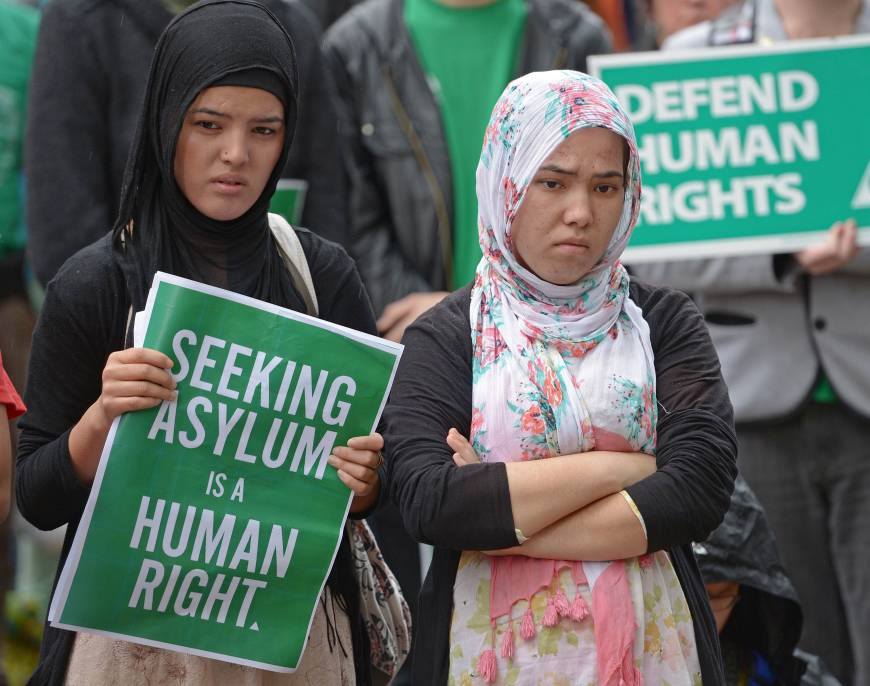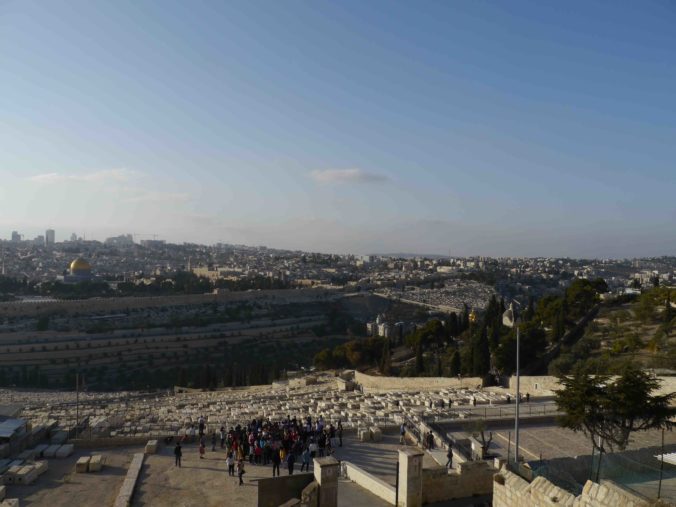Christmas.
For some of us it conjures up images of family, laughter, connection and fun. For others, just the very word triggers stress, busyness and just wanting it to be over with. And for others it only triggers pain, loneliness and dread.
A former pastor of mine used to remind us every year that Christmas is a time when the lonely are lonelier and the poor are poorer.
As I sit alone in my apartment, I know what it is to be alone, and sometimes I feel lonely. But then I sit still and remind myself that I am actually not alone, not in the sense of ultimate aloneness. I am loved, I am ok, I am good.
It can be hard though if you don’t have family around, if you’re old and no one ever visits, if you feel forgotten. Loneliness is an epidemic in our busy culture, and Christmas is the loneliest time of all for thousands of people.
As one of my new favourite songs says,
“Sometimes
The air is so anxious
All my thoughts are so reckless
And all of my innocence has died
Sometimes
I wake at four in the morning
When all the darkness is swarming
And it covers me in fear
Sometimes, sometimes, sometimes
Full of anger and grieving
So far away from believing
That any sun will reappear”
When you wake in the middle of the night and there is no one next to you; that’s when you feel it. And all you can do is lie there with the aloneness. You can pray and sometimes you might have a sense of God being close and sometimes you might just feel like your prayer stops at the ceiling. It can be hard when you’re alone, especially at Christmas.
If you are lonely this Christmas, you are in good company. The baby whose birth we remember also found himself alone a lot in his life. From the very time of his birth, he was hunted. The Christmas story is good news, wonderful news, news of hope, but the occasion of Jesus’ entry into the world was nothing like what we see in the nice, saccharine, sickly Christmas cards in our shops.
Jesus was forgotten, denied, betrayed, and still he went forward in love. He personified what love is, because love gets rejected; love is often lonely because it is not returned. Jesus opened himself to rejection because he loved. And that rejection came, and he was lonely. He reminded his best friends of that when he said that “when you are hated by the world, remember that it hated me first.” He knows what it is to be lonely.
If you are alone you are never ultimately alone. And it’s because of Christmas. You are remembered, you are loved; in fact you are cherished.
It’s in the difficult times that I remember I need God, that I surrender and find the home my heart craves. Christmas is the greatest news in the world. If you don’t feel loved this Christmas, this is a love like no other. You are understood, you are heard, you are seen. And you are never alone.
Finally, read Romans 8:38-39.


 The human tragedy that is the situation on Manus Island has horrified thousands of Australians. Personally, I have never felt so angry and disbelieving that our Government could be so cruel and unjust. What the ongoing tragedy has also confirmed to me though is that the life of following Jesus, the life we experience in following Jesus, is gained by going out of our comfort zones. Let me explain.
The human tragedy that is the situation on Manus Island has horrified thousands of Australians. Personally, I have never felt so angry and disbelieving that our Government could be so cruel and unjust. What the ongoing tragedy has also confirmed to me though is that the life of following Jesus, the life we experience in following Jesus, is gained by going out of our comfort zones. Let me explain.


 Since the time of Jesus, millions of Christians have had a fascination with visiting the Holy Land. It is a pilgrimage for many of us, almost in the same way as visiting Mecca is for Muslims.
Since the time of Jesus, millions of Christians have had a fascination with visiting the Holy Land. It is a pilgrimage for many of us, almost in the same way as visiting Mecca is for Muslims.
 A couple of weeks ago I spoke at church on the idea of blessing, what it is and what it isn’t. We have a major problem in the church with blessing theology, the idea that if you do something, God will bless you or even curse you.
A couple of weeks ago I spoke at church on the idea of blessing, what it is and what it isn’t. We have a major problem in the church with blessing theology, the idea that if you do something, God will bless you or even curse you.  Humanity can live without success but we cannot live without meaning – Richard Rohr
Humanity can live without success but we cannot live without meaning – Richard Rohr


